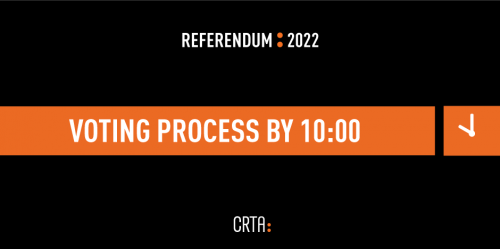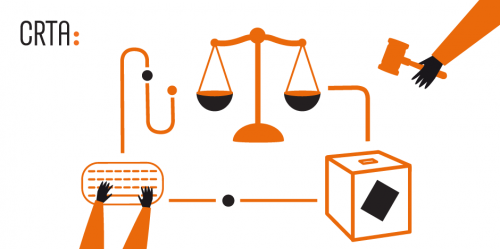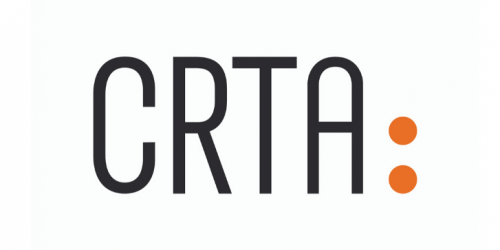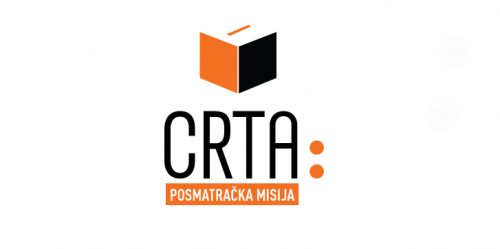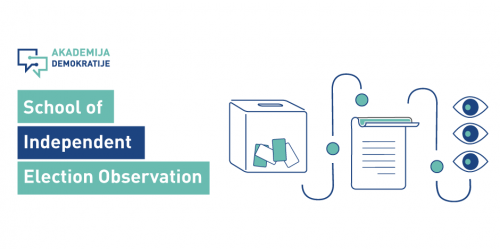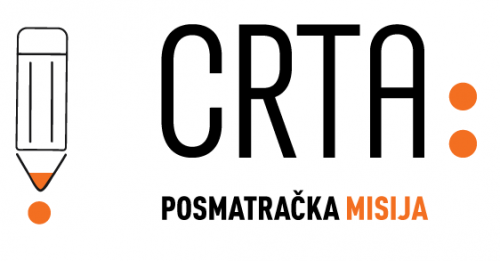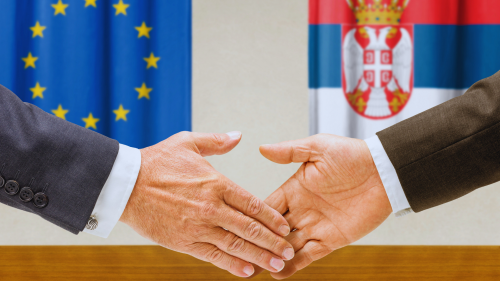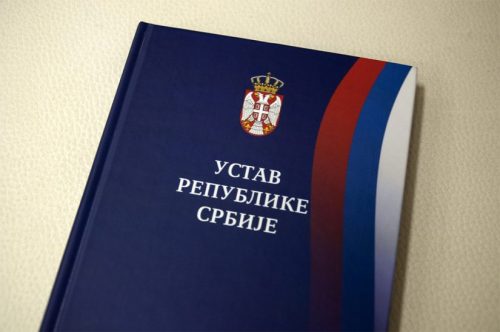A total of 3,8 percent of voters registered in the voters registry voted in referendum on constitutional changes in the part related to the judiciary by 10 am, the CRTA’s observation mission stated. Margin of error with confidence interval of 95% was +/- 0,4 percent.
CRTA invites lawyers with or without the experience, interested in monitoring and analysis of the electoral process, to join its election observation mission. Tasks under this assignment include the collection and processing of information about irregularities within the electoral process, as well as the provision of support in raising citizens’ understanding about the electoral legislation and mechanisms to protect voting rights.
In the wake of the prospective debate in the European Parliament concerning the allegations of forced labor at the Linglong factory in Zrenjanin, as well as the environmental protests in Serbia, CRTA wrote a letter to Vladimir Bilčik, the European Parliament rapporteur for Serbia and Tanja Fajon, the chairwoman of Serbia’s EU Accession Committee, drawing attention to an array of other circumstances that illustrate how endangered the democracy and citizens’ rights in Serbia are, coming as a consequence of the lack of commitment of the Serbian government to obligations under Chapter 23 and the Stabilization and Association Agreement.
CRTA has formed an observation mission for the upcoming 2022 elections, and has begun to observe the period leading up to the official start of the election campaign. Our long-term observation will be focused on the work of state institutions and potential law changes, reporting of televisions with national coverage and local media, as well…
If you are a young person who believes in the importance of free and fair elections as the fundamental values of a democratic society, this School will help you to get acquainted with the political and institutional mechanisms for conducting elections and the methods of work of the CRTA’s observation missions.
The Agreement on Improving the Conditions for Conducting Elections (the Agreement) and the accompanying conclusion, resulting from an inter-party dialogue conducted under the auspices of the Speaker of the National Assembly (without the mediation of the European Parliament), provide for significant changes in the electoral process, just three months before the start of the election campaign for the scheduled regular presidential and Belgrade elections and the early parliamentary elections in 2022.
While domestic officials talk about the “best” report about Serbia from the European Commission (EC) in recent years, the text of the report contains a significant number of criticisms from the EU regarding the democratic capacities of Serbia’s institutions. “This is by far the best EU report on Serbia’s progress in recent years, and progress has been registered in almost every area,” reported Serbian Prime Minister Ana Brnabić on the occasion of the EC’s latest report on Serbia’s progress in the EU accession process. The text sent to Serbia by the EC was interpreted by the Prime Minister as “a political message to our country that we have done a lot in terms of the rule of law”, and that “for the first time since 2016, we have made progress in the field of media freedom”.
Civil society organizations drew the attention of the Venice Commission delegation representatives to the fact that, when giving an opinion on the draft constitutional amendments concerning the judiciary, it is necessary to consider the state of democratic institutions, and the political context, having in mind that whether the constitutional changes will indeed ensure the independence of the judiciary depends on these two factors.
Our topics

Democratic culture
Because politics is not just for politicians. It is our human and citizen right to participate in the processes of making decisions which influence our lives. A dialogue has no alternative.

Free and fair elections
Because elections are the pillars of democracy. It is every citizen’s right to decide on whom to give his/her vote in free and fair conditions. Our vote is valuable and it can make a difference.

Open institutions
Because institutions serve the citizens. We need strong institutions with integrity which protect the public interest.
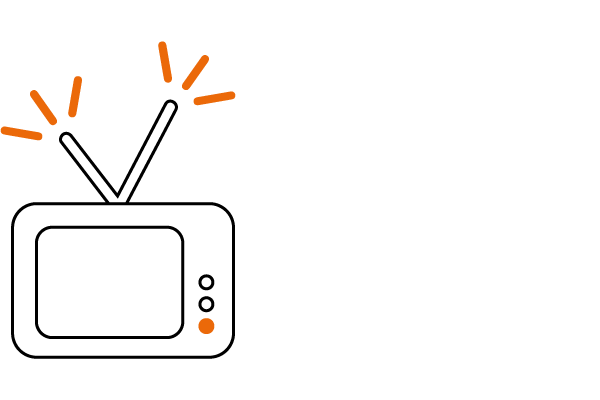
Free media
Because media should ask questions and critically analyse the reality. We need the media which protect the public interest and tackle the needs of the citizens.




